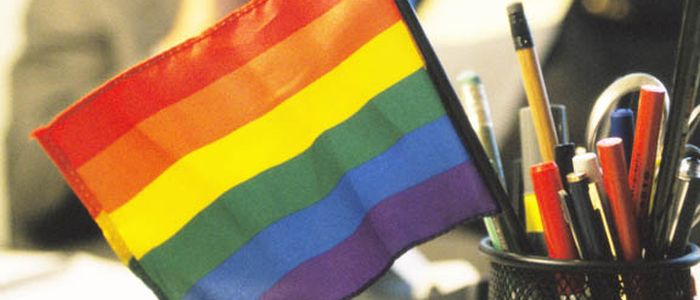Independent schools will not be failed by Ofsted for not teaching LGBT issues
The change comes after a call for reforms to the independent school regulatory system
By Steve Brown

Independent schools to get exemption from providing LGBT-inclusive education, according to reports.
Education watchdog Ofsted have criticised faith schools in the UK for failing to teach pupils respect for diversity, in particular the lack of education on LGBT+ issues.
However, according to a report in The Sunday Times, private primary school will be handed an opt-out scheme under new plans.
The change comes after a call for reforms to the independent school regulatory system which was launched by Education Secretary Damian Hinds back in March.
Initial proposals said that acceptable standards require “active promotion of respect for other people, even if they hold views, choose to follow a lifestyle, or have protected characteristics, different from a pupil’s own or those prevalent in the pupil’s immediate community.”
It also added that pupils must be aware of the Equality Act’s protected characteristics including sexual orientation and gender confirmation surgery.
But following lobbying from faith schools, the requirement has been watered down and the government’s unpublished response will reportedly allow independent primary schools not to be failed by Ofsted for not teaching LGBT+ issues.
Professor Alan Smithers of Buckingham University told the Times: “Whether or not young children should be taught about LGBT issues and gay families in schools has been a battleground for ages.
“This looks like a government U-turn. Jewish, Christian and Muslim groups have bitterly resisted the requirement to teach alternative lifestyles, with protests and placards. If this loophole is granted to independent schools, there will be a big push for this in state primary schools too.”
A spokesperson for the Department for Education said: “Independent schools, like all schools, have to promote respect for other people with particular regard to the protected characteristics under the 2010 Equalities Act.”
